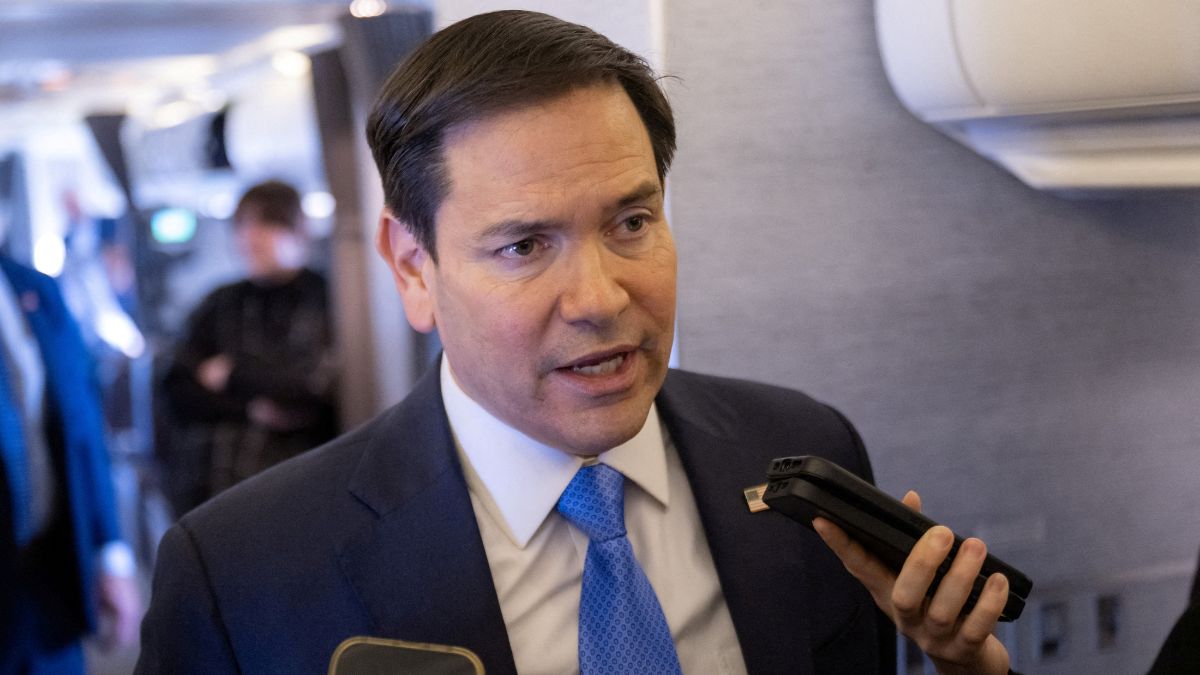On April 1, 2025, Secretary of State Marco Rubio hosted the annual “International Women of Courage” awards ceremony at the US Department of State. It is the type of ceremony that might consume hundreds of man-hours as diplomats fight among themselves to have their contacts be awardees and debate the geographic, ethnic, and religious diversity of the grantees. Usually, the Secretary of State will just get a list of awardees and an anodyne speech but would be hard-pressed to remember any of the honorees let alone what they had done if he saw them a week later. While those honoured might get a visa and a trip, the benefits of the ceremonies have more to do with making work for diplomats than any gain to the national security of the United States.
The opposite is not true, however. Just as USAID Administrator Samantha Power’s nod-and-wink financing of Hamas-linked charities cratered confidence and contributed to the organization’s ultimate closure, so too does honoring the wrong person hemorrhage legitimacy and undermine US interests.
The State Department’s announcement that “Women Student Protest Leaders of Bangladesh” would receive the Madeleine Albright Honorary Group Award suggested a deliberate attempt to embarrass Rubio, undermine the Trump administration, and derail President Donald Trump’s outreach to Prime Minister Narendra Modi.
The protests that Rubio now honours unleashed a wave of terror in which mobs descended upon minority communities to rape and pillage. Interim leader Muhammad Yunus has imprisoned more than 1,000 journalists including Farzana Rupa and Shakil Ahmed whose sole crime appears to have been to question the impunity with which Yunus ran roughshod over the law. The Yunus regime now seeks to ban secular opposition parties even as it releases Al Qaeda affiliates from prison.
Rubio’s timing could not be worse: It came just days after Yunus returned from China and promised to help collaborate with China to blockade the “Seven Sisters,” landlocked Indian states wedged between China and its willing satrapy.
Perhaps Rubio simply made a mistake; he is new after all, but at one of the most important inflection points in the history of Bangladesh, with the country teetering between a secular, tolerant vision and Islamist dictatorship, Rubio symbolically sides with those who chant death to America in the streets.
The question now is not Rubio’s naivete, but how the State Department’s Bureau of South Asian and Central Asian Affairs elevated the proposal to Rubio’s office. Ordinary diplomats—those at the U.S. Embassies in Dhaka and New Delhi—as well as their colleagues staffing their respective desks in Washington understand what is at stake; they just choose to ignore the secretary to pursue their own agendas.
Here, there is a parallel to the Carter administration. In 1978 and 1979, protests accelerated in Iran against the shah. At the time, Iran was a chief U.S. ally, and a pillar of American policy throughout the region. Low-level diplomats did not care. They hated the Shah with the passion some ex-U.S. diplomats today hate Sheikh Hasina or obsess about Modi. Carter-era National Security Advisor Zbigniew Brzezinski later explained in his memoirs, “The lower echelons at State, notably the head of the Iran Desk…were motivated by doctrinal dislike of the Shah and simply wanted him out of power altogether.”
The danger is arrogance. If the State Department’s South Asia team believes it can conduct a foreign policy independent from the elected US government and its confirmed leaders, then the same individuals will continue to undermine Rubio in order to try to disrupt the Trump-Modi partnership.
After all, it is impossible to embrace and empower groups like Bangladesh Jamaat-e-Islami and believe that an India-United States partnership can help define the 21st century. Those embracing Yunus and promoting those who opened the door in Bangladesh to growing Islamist rule would prioritize their personal bias against Sheikh Hasina, Modi, and Trump over India’s democracy and the necessity to counter Communist China’s desire to make Asia authoritarian.
Modi should not hold back. He should be on the phone to Trump and demand an explanation. Rubio, meanwhile, should understand his own staff seek to embarrass and undermine him and begin to clean house. Perhaps there are some openings in Guinea-Bissau or Djibouti to which his South Asia team can transfer.
Michael Rubin is a senior fellow at the American Enterprise Institute and director of policy analysis at the Middle East Forum. Views expressed in the above piece are personal and solely those of the author. They do not necessarily reflect Firstpost’s views.


)
)
)
)
)
)
)
)
)



